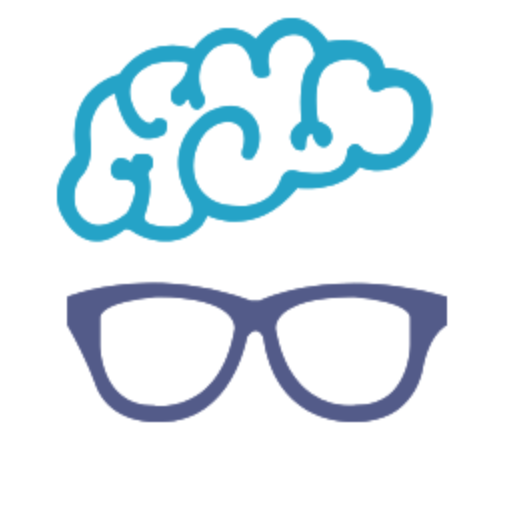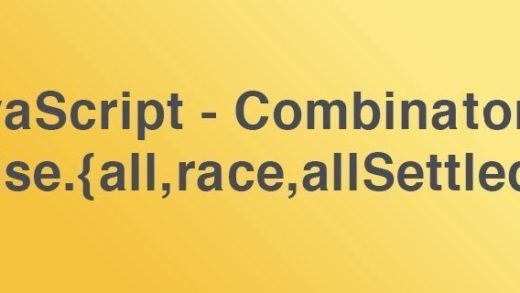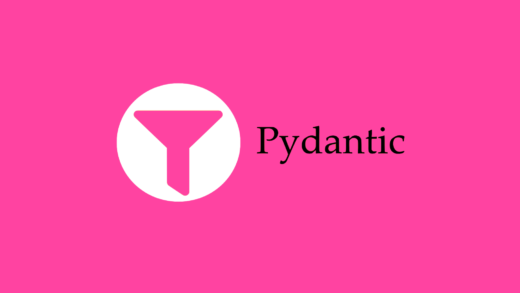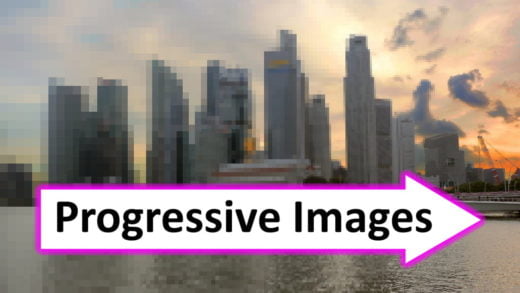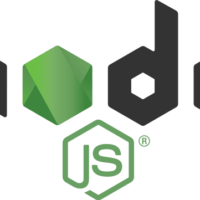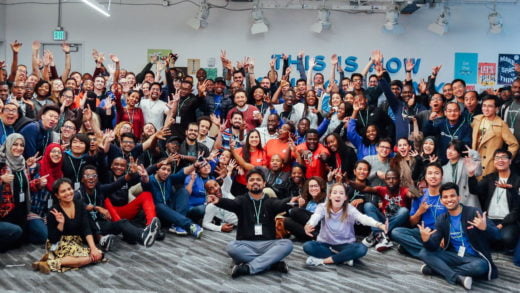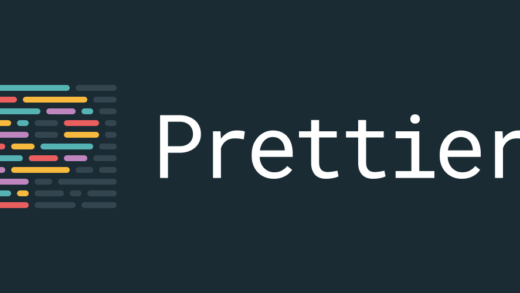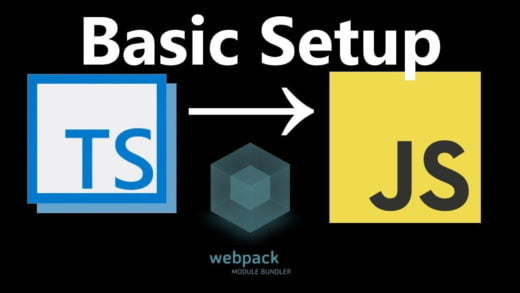The landscape of the internet is always shifting, and nowadays, Web3 is leading this change. Web3 has a decentralized structure, which means users get more power to control their data and digital interactions. Web3 breaks away from Web1 and Web2, offering users improved safety, privacy, and control. Web3’s dedication to openness and user autonomy paves the way for an online environment that is more equitable and democratic, granting individuals and communities authority in the virtual realm.
Keep reading to explore the complexities of Web3 development, encompassing both its foundational principles and pragmatic deployment tactics.
Understanding Web3 Development
In the world of Web3, developers give importance to concepts like openness, safety, and control to users. They aim to apply these ideas to a variety of technologies and protocols that are focused on making the Internet more decentralized. Such an approach includes aspects like blockchain technology, which acts as the base for decentralized networks, and also platforms related to decentralized finance (DeFi) that have the objective of providing equal opportunities for everyone in accessing financial services.
Moreover, developers give importance to decentralized applications (dApps), which operate on distributed networks. This ensures transparency, unchangeability, and resistance to censorship. By accepting these rules and using new technologies, developers take on a mission to make the digital environment more open and inclusive.
Integrating Web Hosting Solutions
Web hosting solutions help in Web3 development by giving the needed setup for hosting decentralized applications and content. These types of hostings differ from regular web hosts that depend on centralized servers controlled by a single party; they use distributed technologies such as blockchain, peer-to-peer networks, and distributed storage systems for the functioning of Web3.
Dependable web hosting solutions allow developers to build and launch Web3 apps that function without a central authority, ensuring transparency, safety, and user control. They also bolster the robustness of Web3 apps by reducing the risk of censorship and eliminating single points of failure.
Web hosting solutions are essential for helping the development of Web3 because they support the decentralized and democratized nature of the internet, giving power to users and promoting innovation in digital areas.
Exploring Blockchain and Smart Contracts
Blockchain, the technology of distributed ledger, is fundamental for Web3 applications. It helps in recording transactions across computer networks. Without a central authority, this design ensures transparency, security, and unchangeability of data; all important principles within Web3 culture.
On the other hand, smart contracts are agreements that can be executed automatically forming an essential part of blockchain function. They are embedded directly into the code and manage the automation and enforcement of agreements, eliminating intermediaries and ensuring trustless interactions on the blockchain.
Smart contracts allow Web3 developers to make various applications such as decentralized finance platforms or supply chain management systems, all functioning with secure and dependable code execution. Therefore, this examination of blockchain technology and smart contracts uncovers a world of potential for inventive, distributed solutions that transform transactional and agreement processes in our digital era.
Utilizing DeFi and DApps
DeFi embodies a revolutionary concept in which financial services are constructed upon the powerful foundation of blockchain technology, with the end goal of eliminating intermediaries and providing unimpeded access to a wide array of advanced monetary tools. Through DeFi protocols, users can engage in activities such as lending, borrowing, trading, and yield farming, without the limiting involvement of traditional banks or other financial establishments. According to statistics, DeFi has grown over 20-fold from 2020 to 2021.
Decentralized applications operate on a decentralized network and utilize blockchain technology to guarantee transparency, immutability, and resistance against censorship. These versatile applications are found in numerous fields such as finance, gaming, social media, and supply chain management.
The Final Say
The progression of Web3 presents developers with the empowering chance to mold the trajectory of the Internet by constructing decentralized applications and platforms. By mastering fundamental principles of Web3 development and harnessing emerging technologies, such as blockchain and decentralized finance, developers can foster inventive solutions that uplift users and advance a more inclusive and open digital landscape.
In this process, decentralized hosting serves an essential function in providing the infrastructure needed to sustain the decentralized essence of Web3 applications and content. As developers adopt Web3 principles and technologies, the internet has the potential to transform into a decentralized, fortified, and user-centered realm, paving the way for a new era of ingenuity and empowerment.
